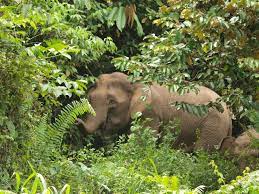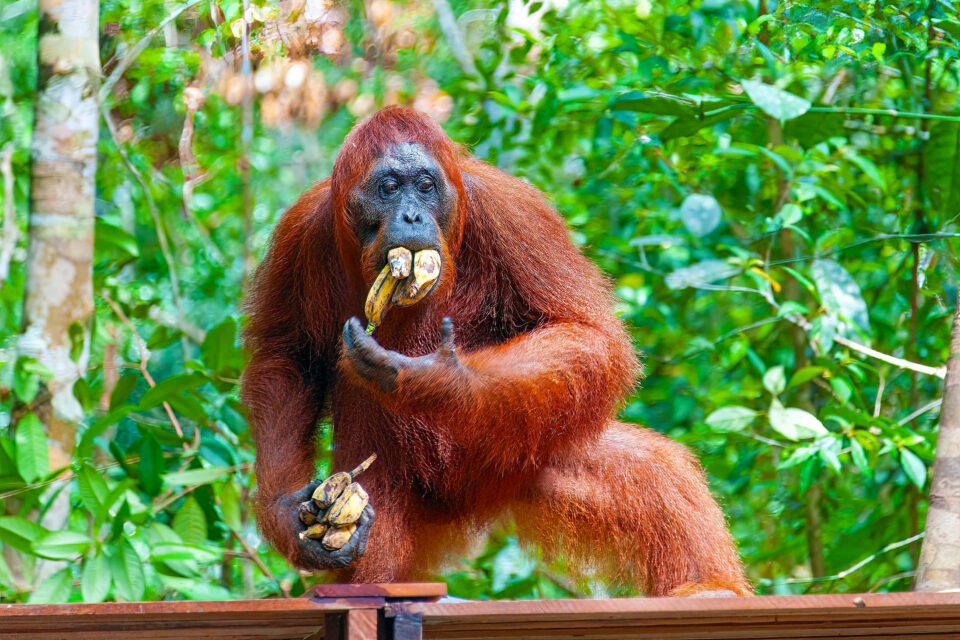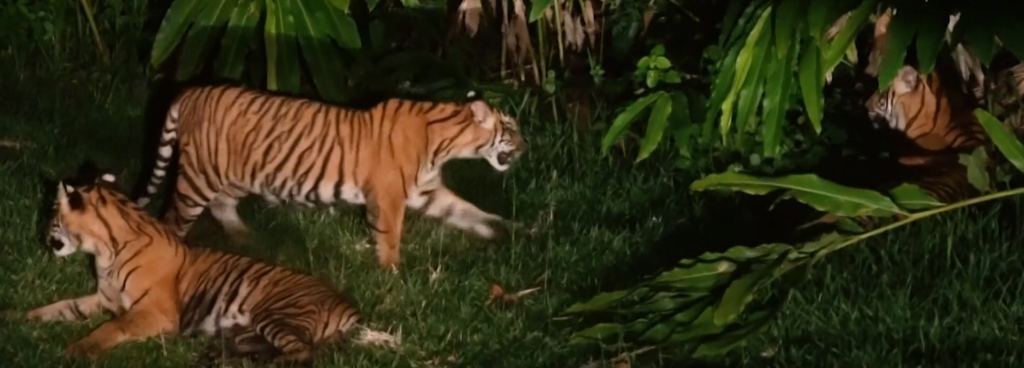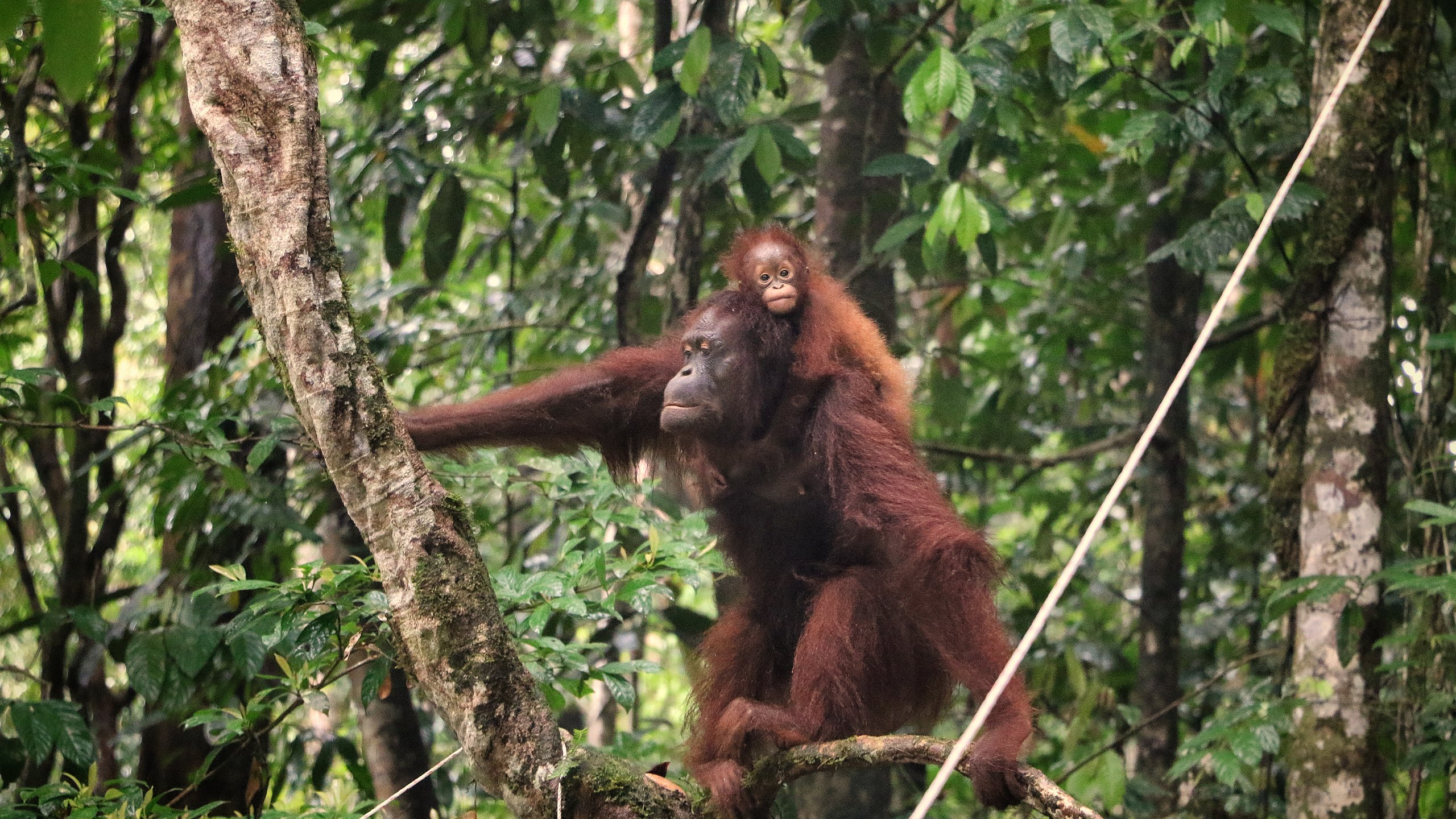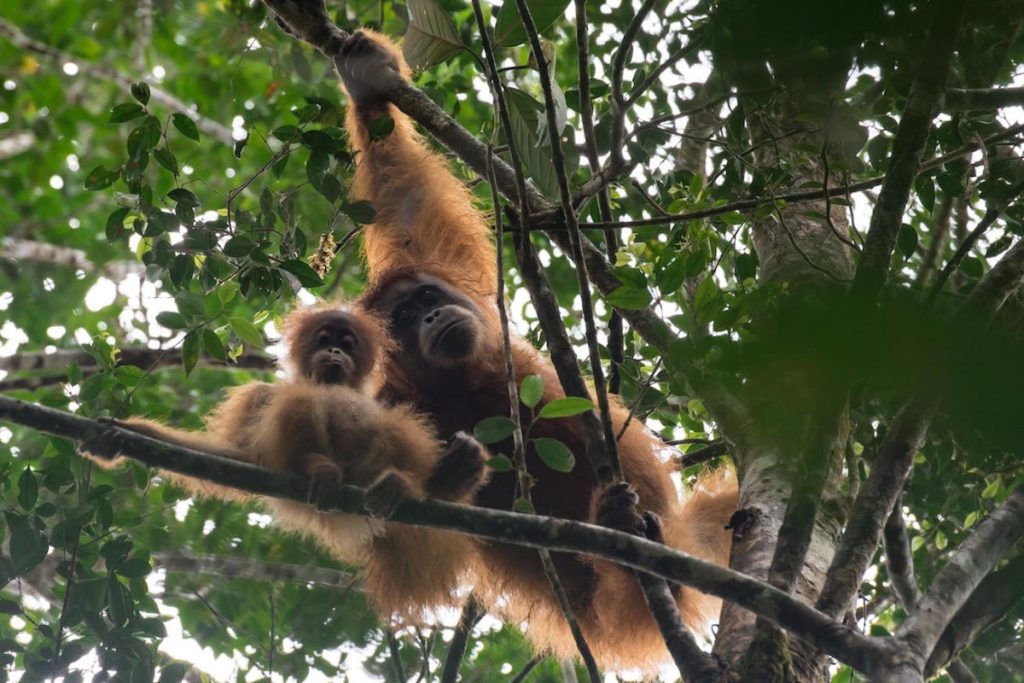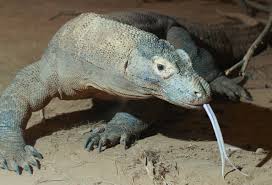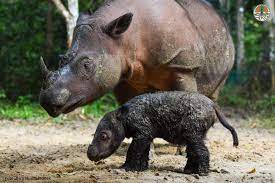In most countries, if a dam was to cause so much destruction to the last habitat of a species, the dam would likely not get permission to be built.
It is true that the dam will only take about 20% of the land in question, directly. It will also split the population in half.
Given that only around 800 Tapanuli Orangutans survive in the wild, the loss of just a handful is bad. A loss of 20% of the remaining population could quite rapidly push the population towards extinction, particularly as it will split the few remaining Orangutans into separate populations which cannot interbreed.
Norway has a huge sovereign fund, into which it pours the countries earnings from fossil fuel extraction. Perhaps recognizing that this has a shelf life which is not far from ending, Norway has made sure that for the most part its sovereign fund is good for the natural world (alongside giving good returns)
Generally rules on financing should have ruled this project out in the past, so it is good that this decision has been eventually made.
Will the dam still get built? We will have to wait and see.

